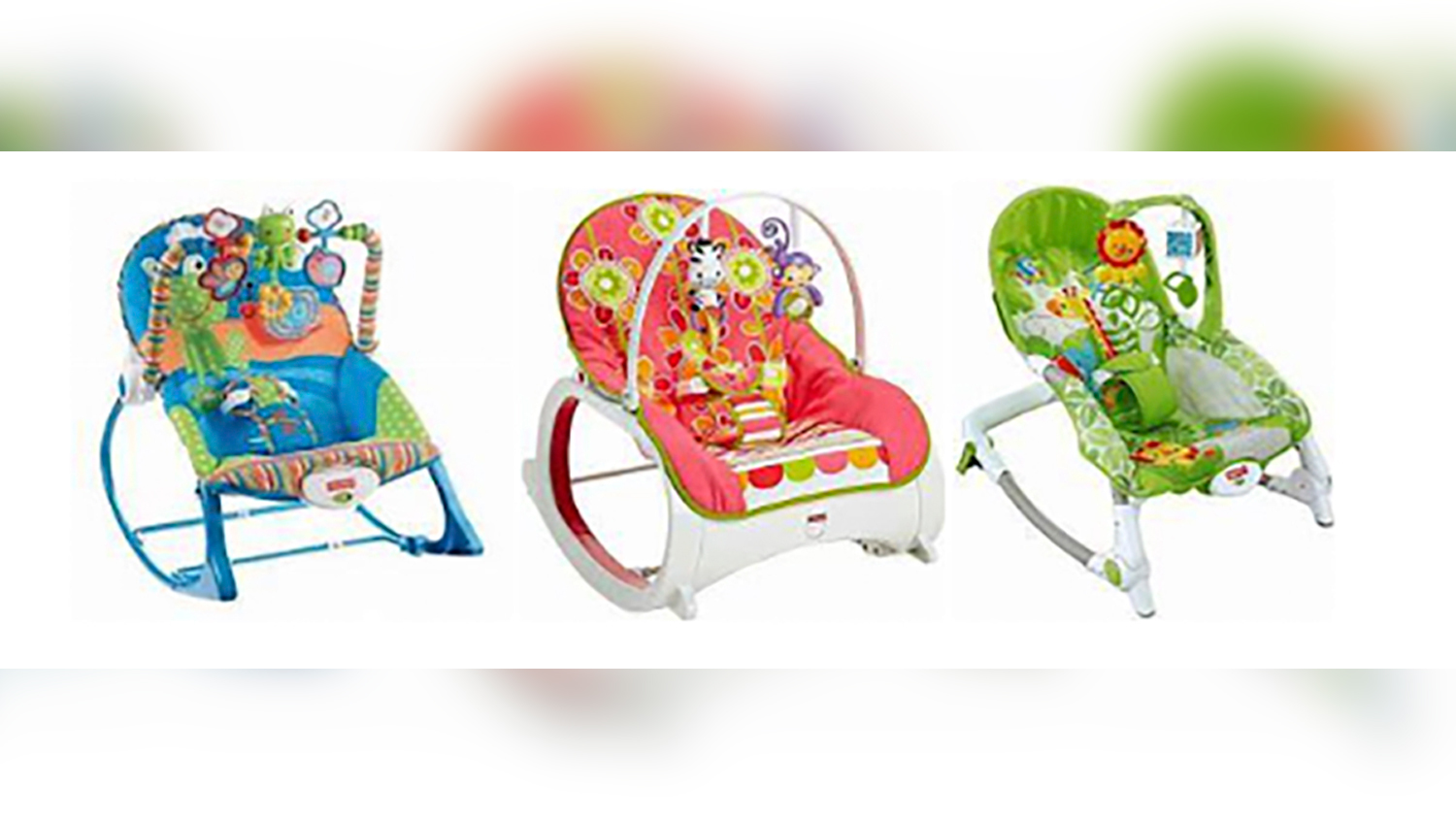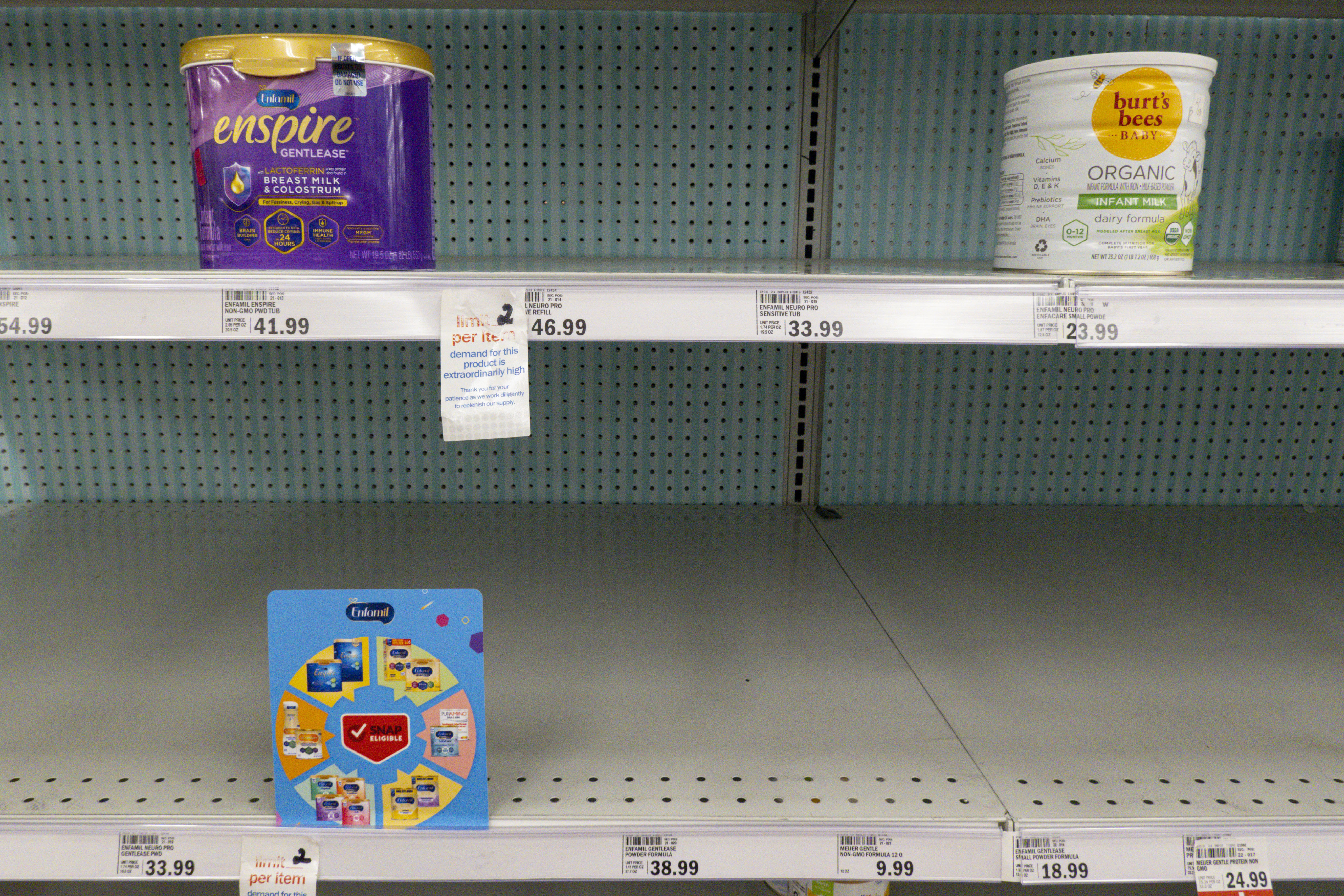It's every parent's worst nightmare, and it happens dozens of times each year.
An average of 38 children across the country die each year from vehicular heatstroke — which occurs when a person dies from being in a hot car — according to the National Highway Traffic Safety Administration. So far in 2022, five children have died from being in hot cars, according to KidsandCars.org.
Children are more often victims of vehicular heatstroke because their bodies can overheat up to five times faster than those of adults.
Get top local stories in DFW delivered to you every morning. >Sign up for NBC DFW's News Headlines newsletter.
Pets are also more susceptible to vehicular heatstroke because of their inability to sweat, even when a window is cracked open.
Why Do Cars Get So Hot, So Fast?
When sunlight penetrates car windows, it creates long- wave radiation that essentially turns your car into an oven, NBC Los Angeles meteorologist Belen De Leon said.
The temperature changes are drastic, De Leon said: After 10 minutes, 80-degree weather can increase the temperature in the car to 99 degrees. Temperatures inside the vehicle can rise to 123 degrees after an hour has passed in the same weather conditions.
As outdoor temperatures rise to the 90s and triple digits, it could reach up to 170 degrees in your car.
How to Prevent Hot Car Deaths
De Leon suggests implementing the following habits to prevent hot car tragedies:
- Never leave a child unattended in a car.
- Look before you lock.
- If you see a child in a hot car, call 911.
The National Safety Council recommends that parents and caregivers stick to a routine and avoid distractions to reduce the risk of forgetting a child in a vehicle. The NSC also advises parents and caregivers:
- Place a purse, briefcase or even a left shoe in the back seat to force you to take one last look before walking away.
- Keep car doors locked so children cannot gain access, and teach them that cars are not play areas.
There is no safe amount of time to leave a child in a vehicle, even if you are just running a quick errand, according to the NSC.
For more information about vehicular heatstroke and child safety, click here.



